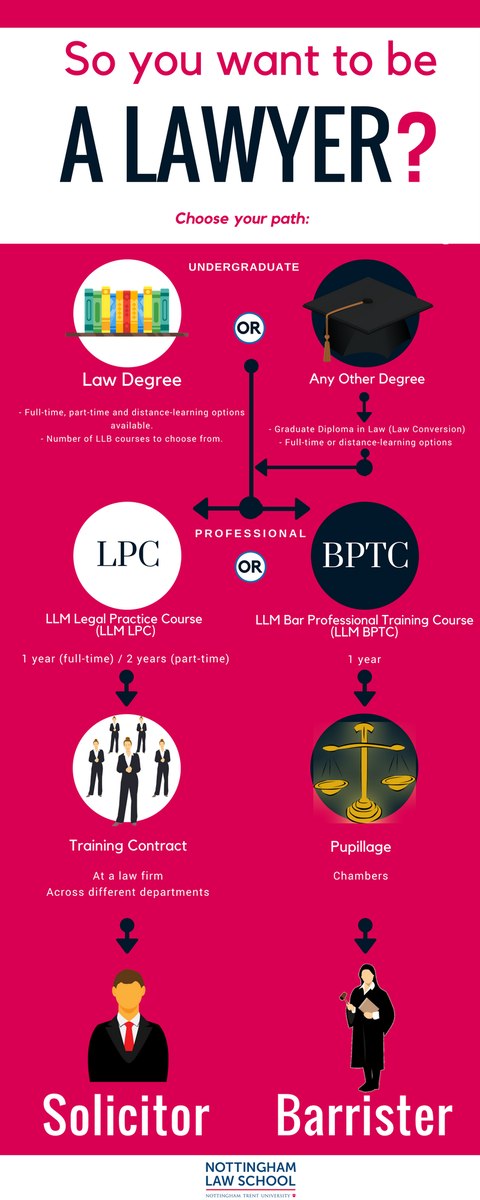What Happens During A Criminal Trial: A Step-By-Step Summary
What Happens During A Criminal Trial: A Step-By-Step Summary
Blog Article
Written By-Hunt Bunn
When you enter a criminal trial, you could be stunned by the organized procedure that unravels. It all starts with court selection, where potential jurors are inspected for prejudices via a technique called "voir dire." Afterwards, both sides provide their opening statements, setting the stage for the evidence and testimonies to follow. You'll see exactly how the prosecution and protection develop their situations, however what occurs next can dramatically affect the result. Recognizing federal white collar crime lawyers can disclose the intricacies of justice, however there's more to reveal regarding the defining moments that comply with.
Court Selection Process
When it comes to the court selection process, you're diving into a crucial stage of a criminal test. This procedure, typically called "voir dire," entails questioning potential jurors to ensure they're impartial and efficient in supplying a fair verdict.
You'll see both the prosecution and defense lawyer participating proactively, each aiming to pick jurors who straighten with their instance's narrative.
Throughout voir dire, you'll observe that attorneys ask concerns regarding jurors' backgrounds, beliefs, and experiences. Their goal is to determine any kind of pre-existing predispositions that might influence a juror's choice. As a juror, you could really feel a mix of anxiousness and interest, however your honesty is essential.
After examining, lawyers can test details jurors for cause if they think a juror can not continue to be objective. They can additionally make use of a limited number of peremptory difficulties to reject jurors without specifying a reason.
Trial Phases Explained
The stages of a criminal trial play an essential function in ensuring a reasonable and structured procedure.
You'll initially experience the opening declarations, where both the prosecution and defense detail their cases. This sets the stage for what's ahead.
Next off, the prosecution provides its evidence and witnesses, aiming to prove the offender's shame beyond a practical question. You'll see straight exam complied with by interrogation, allowing both sides to challenge today info.
After the prosecution rests its situation, it's the defense's turn. They'll provide their evidence and witnesses, often focusing on creating practical doubt. You'll observe that the defense doesn't have to confirm innocence; they just need to test the prosecution's instance.
Once both sides have presented their debates, you'll listen to closing declarations, where each celebration summarizes their instance. This is essential as it strengthens their placements prior to the court deliberates.
Throughout these stages, the judge guarantees that the trial sticks to legal standards and that the legal rights of both celebrations are protected.
Recognizing these stages will certainly assist you value the intricacies associated with a criminal trial and the significance of each action in the quest of justice.
Judgment and Punishing
Besides proof has existed and debates made, the court or court provides a decision, identifying the accused's shame or virtue. If you're part of the court, you'll mull over with your other jurors, discussing the evidence and your perceptions. This process can take some time, as you'll wish to make certain everybody settles on the verdict based upon the truths.
As soon as a judgment is reached, it's introduced in court. If the accused is condemned, the following stage is punishing. This is when the judge chooses the ideal punishment. You might observe that different factors influence the sentence, such as the severity of the criminal offense, the offender's past document, and any type of mitigating situations.
The judge may enforce a series of sentences, from penalties and social work to jail time. Occasionally, the protection or prosecution can offer disagreements relating to sentencing, attempting to persuade the court's decision.
If the defendant is found not guilty, they're acquitted, and no penalty complies with. Keep in mind that a guilty decision can typically cause appeals, where the accused might test the verdict or the sentence enforced.
your input here
In a criminal test, you have actually seen exactly how critical each action is, from court choice to the final judgment. You have actually complied with the prosecution and defense as they construct their situations, intending to encourage the jury. Once consideration concludes, the judgment establishes the outcome, and if the defendant is found guilty, the sentencing phase begins. Comprehending these processes helps you value the complexities of the justice system and the relevance of each function in ensuring a reasonable trial.
